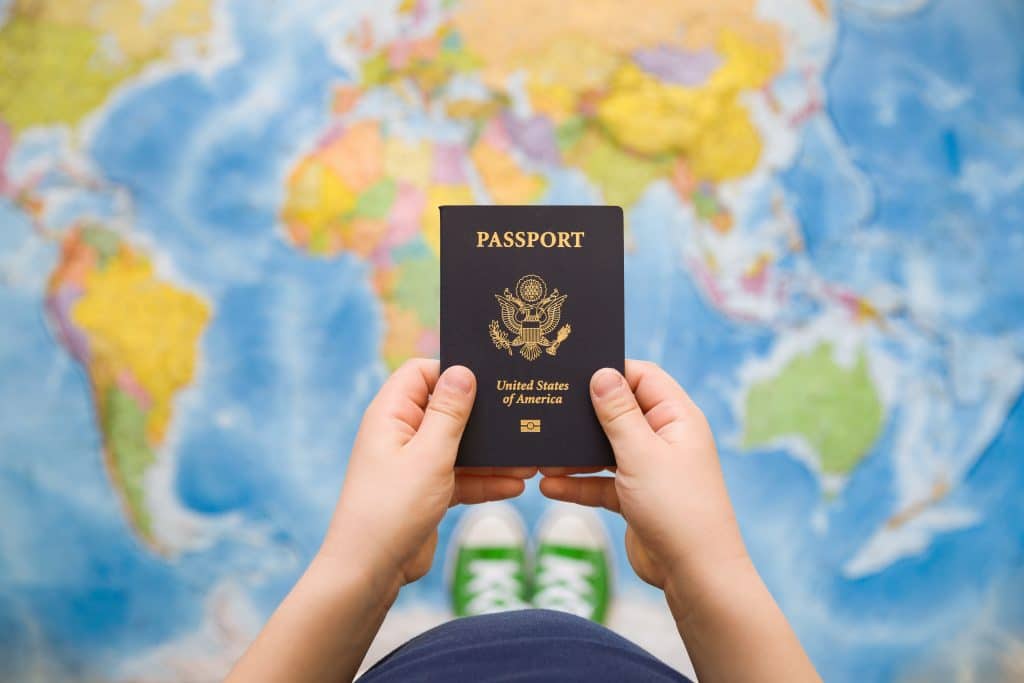In today’s world of cheap flights and parents working globally, it is not uncommon for divorced parents or those with children born out of wedlock to want to take their child to the Caribbean for a vacation or meet up abroad at the end of a work trip. This means the child will need a passport. Under the State Department Guidance, the best way to do so is with both parents authorizing the passport application. However, one parent may apply and obtain a passport for their child if they provide a court order showing they have sole legal custody, such as a court decree or custody order, with the passport application. This may be a trap if you do not understand the requirements under the Indiana Divorce and Paternity Acts. This is the focus of this blog post.
For many parents in this situation, a passport and who keeps it for the child is no big deal. However, every seasoned domestic attorney has battled in court over who keeps the child’s passport. This accounts for the majority of the litigation over passports and international travel. However, there can be a trap for a custodial parent who has sole legal custody if he or she does not follow the procedures required in Indiana when applying for a passport for the child.1 Without an exception, the custodial parent must file a proper notice in advance that the passport application will be made with the court and copy the non-custodial parent. While this may not apply in your case–who holds a child’s passport and what is required upon application—it can generate a significant amount of litigation. Be aware and consult counsel if this is your case.
At this point you may be wondering what the implications are of failing to properly address this through the court system. A parent who willfully fails to comply with notification of a passport application may be subject to a contempt action. Furthermore, depending on the particular facts of the situation, such failures may factor into a custody modification. Thus, unlike other civil disputes that are complete when all issues are decided, custody issues may arise until a child is emancipated or graduates from college. As the law is always changing, it is imperative that you continually evaluate your legal choices as the children grow up, including obtaining and maintaining passports. Failure to do so may leave you in legal peril.
This blog post on children’s passports was written by attorneys at Ciyou & Dixon, P.C. who handle domestic cases of all types throughout the state. It is intended for general educational purposes and not a solicitation for services. It is an advertisement.








